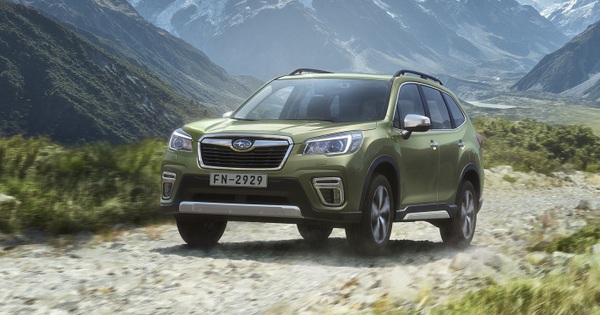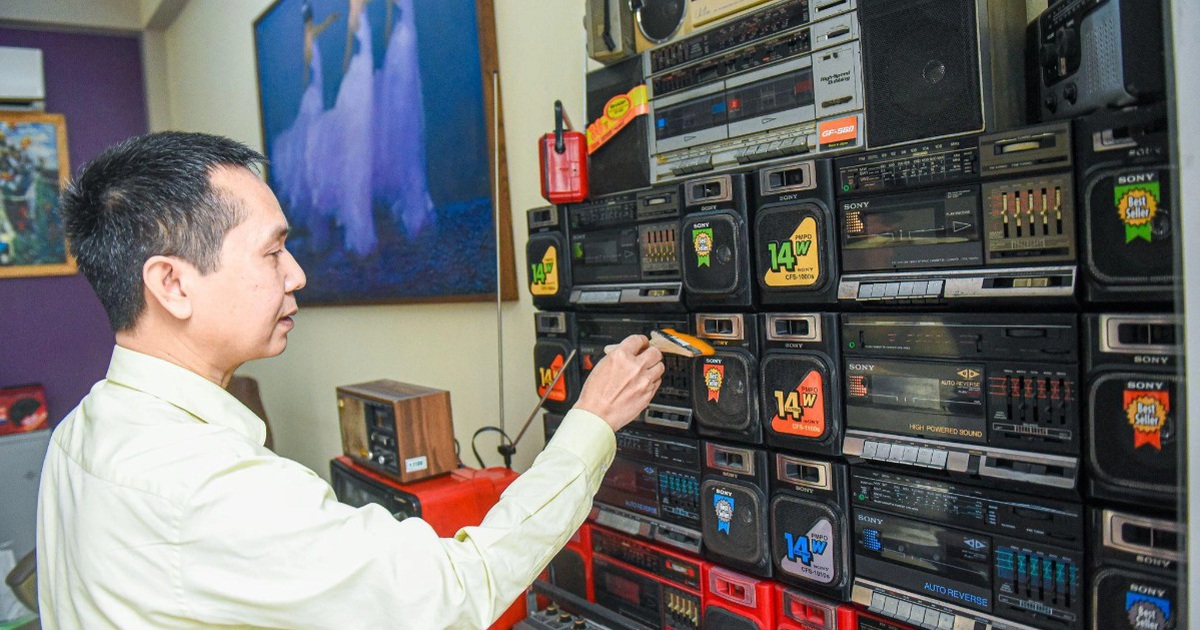Indian car rental startup bet big on Vietnam market
‘Burning money’ to attract users like other ride-hailing apps in the early days of its appearance, startup Zoomcar from India bet big on the Vietnamese market.
“Within the next one year, the parent company aims to contribute 40% to the global Zoomcar market in Southeast Asia. Vietnam is expected to account for about 10%, equivalent to 8 million USD for the next financial year. “, Mr. Kiet Pham, Vice President and Country Director of Zoomcar Vietnam, told VnExpress.
It is worth noting that Zoomcar’s short-term Southeast Asian market only includes Vietnam and Indonesia. Earlier, Zoomcar Co-Founder and CEO, Mr. Greg Moran and Chairman of the Board of Directors of Zoomcar, Mr. Uri Levine, announced that they would invest $100 million in this area.
For the vast majority of Vietnamese users, Zoomcar is still an unfamiliar name. Because this startup has only been operating for 4 months, with the first market being Ho Chi Minh City. However, in India, it is the leader in the self-driving car rental ecosystem.
This platform was born in 2013 with headquarters in Bangalore. They now have more than 300 employees, operating in more than 50 cities. Across all markets, they have approximately 10,000 vehicles across Asia and the MENA region (Middle East and North Africa), available to customers to rent by the hour or by the day.
“We have about 1,000 vehicles on the floor,” said Mr. Kiet Pham about the results in Vietnam market after 4 months of penetration. To get this number of cars, Zoomcar boldly rewards partner car owners who put their cars on the platform (often called car hanging on the app) for customers to choose to rent.
Every week, every month, partner cars with enough bookings and minimum hours of suspension will be rewarded with money. Even on the occasion of the 30/4-1/5 holiday, car owners just need to hang the car on the application and receive a hot bonus of 3 million VND.

Mr. Kiet Pham, Vice President and Country Director of Zoomcar Vietnam. Photo provided by the company
Not only giving money to reward car owners, this application also offers many bold promotional codes for car renters. It can be said that this method of pitching is similar to when new ride-hailing applications enter Vietnam. It is “burning money” to reward partners and give promotional codes to users to create habits, attract customers and gain market share.
Mr. Kiet Pham said the parent company is ready to 25 million USD to expand its presence in Vietnam. Since its inception, Zoomcar has raised a total of $207 million. In the latest funding round in November 2021, they successfully raised $92 million from SternAegis Ventures (USA).
And what makes Vietnam one of Zoomcar’s first two target options in Southeast Asia is that it has the 4th largest auto market size in the region and only 5.7% of households own a car. according to the 2020 data of the General Statistics Office.
In fact, India and all the countries where this app is present has in common that the economy is growing very fast, but the infrastructure and car ownership rate is low.
In addition, Mr. Kiet Pham gave 4 reasons why this application chose Vietnam. The first is that the motorcycle market is saturated, with consumption in the past 2 years decreasing by an average of 10% a year. Second, the population of middle and high income is increasing, tending to switch to using cars. Third, although the infrastructure is not ready yet, many large projects have been implemented.
The fourth factor is that Covid-19 causes an increasing demand for personal transportation. It is the low rate of car ownership, but the number of people with income gradually increases at the threshold of having a need for a car but cannot afford to buy a car, creating a large amount of rental demand.
According to a report released in March by Statista, Vietnam’s car rental market has an estimated size of $550 million by 2022. This market is forecast to grow 10.9% annually and reach a value of $840 million. by 2026 with 8.7 million users. “The market at this time is very beautiful. The market has just ‘ripe’, so it has received a lot of support when it launches,” said Mr. Kiet Pham.
And this application has the first sweet fruit when the number of rides next month often doubles the previous month. “This is not too surprising, but it is also beyond our initial plans,” said the head of Zoomcar Vietnam.
However, similar to other ride-hailing apps in the early days of penetration, this growth rate came from aggressive promotional campaigns. “We have to run promotions to create demand for the market,” explained Mr. Kiet Pham.
According to him, in the past, people had needs but the market did not have a solution. For example, people who need to rent usually spend 15-20 million deposit, must keep household registration book and rent for at least one day. Here, the company runs a promotion to let customers know about an application that can be rented for only 6 hours, without a deposit or any paperwork.
For car owners, because the market is not big enough, the revenue is not attractive enough, so they have to spend money to give them a bonus to hang their car on the application. “The market demand has to be enough so that after we only pay revenue to our driver partners, they still earn more than in other traditional ways. Then we will stop investing to run this program. “, said Mr. Kiet Pham.
But the challenge for Zoomcar when entering the Vietnamese market is the discount policy with a too high rate, up to 40%. – a number that some people when looking for cooperation – has retreated.
Acknowledging this is difficult, but Mr. Kiet Pham believes that this ratio is reasonable because resources are needed to develop the market, take responsibility for risks and operate the system. Meanwhile, the car owner just hangs up the car and doesn’t have to worry about finding customers, verifying the customer’s reliability or delivering the car. “This is passive income based on the idle time of the car,” explained Mr. Kiet Pham.
Next, it is precisely because of the idle time story that another challenge arises. That is, despite the increasing number of car bookings, the application is “a headache” because car owners have a low car suspension rate, only 50% on average. The reason is that some car owners only hang their cars when they are free. Not to mention, cars on the majority of platforms are popular and mid-range without luxury lines.
In addition, the development of the market is also a problem. Because of self-driving car rental, this platform is limited in space by the small number of people with driver’s licenses. In Ho Chi Minh City, for example, it is estimated that only 3% of the population has a B1, B2 degree. The director of Zoomcar Vietnam said that he would participate in changing market perception to solve this problem.
The target group that Mr. Kiet Pham targets are students who are about to graduate and office workers with less than 5 years of experience. These are people who both have time and have a high income just enough to rent a self-driving car.
Despite the challenges that will have to be overcome, Mr. Kiet Pham’s team firmly believes that self-driving car rental will be a trend of the future. He said he’s seen it happen in Singapore and the US. In Vietnam, the number of people searching for the keyword “self-drive car rental” since October last year has surpassed that of the pre-pandemic years.
“That proves, this will be the trend and is not a direct competitor to the traditional car-hailing segments,” he said. In the immediate future, Zoomcar is planning to expand the market in Hanoi in the second quarter of this year.
Telecommunication
at Blogtuan.info – Source: vnexpress.net – Read the original article here



